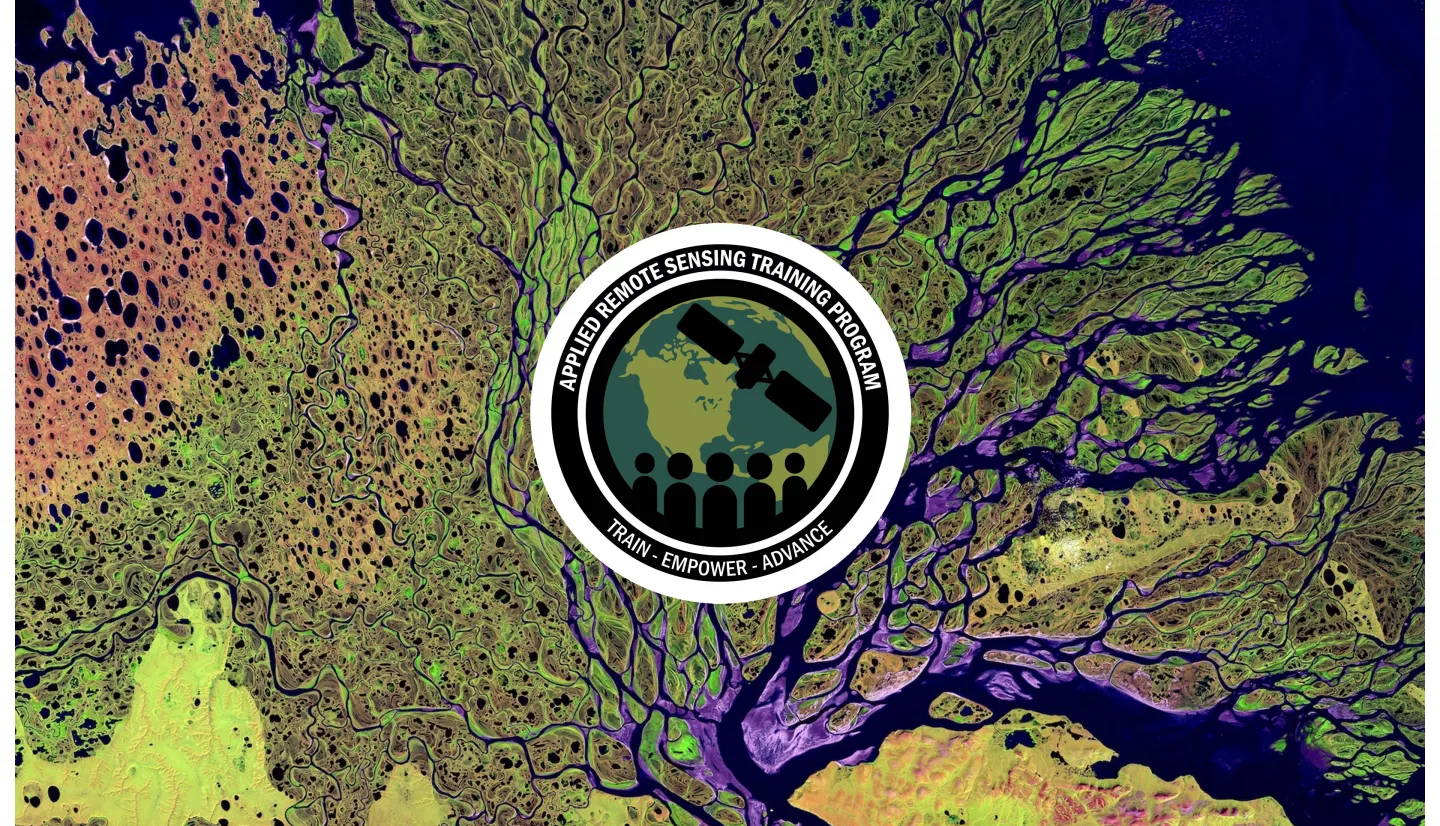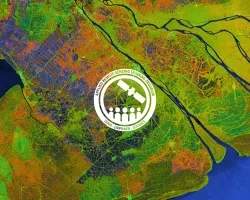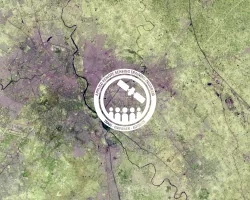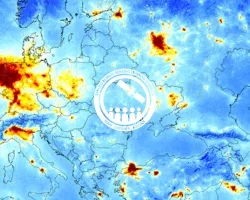Description
This upcoming training session is jointly organized by the United Nations (UN) Inter-Agency Meeting on Outer Space Activities (UN-Space) and the Committee on Earth Observation Satellites Working Group on Capacity Development (CEOS WGCapD), with support provided by the Capacity Development and Operational Training Service (CDOTS) of the Department of Operational Support.
It aims to empower UN entities with the latest tools and knowledge in the realm of Earth observation and satellite data utilization in support of their agendas. The training will feature sessions led by the NASA Applied Remote Sensing Training Program (ARSET) and Earth Science Data Systems (ESDS) program highlighting Earth observations and satellite data analysis and providing a hands-on experience.
Date: October 28, 2024
Location: United Nations (NYC)
Hosts: NASA Applied Remote Sensing Training Program (ARSET), United Nations (UN) Inter-Agency Meeting on Outer Space Activities (UN-Space) and the Committee on Earth Observation Satellites Working Group on Capacity Development (CEOS WGCapD), with support provided by the Capacity Development and Operational Training Service (CDOTS) of the Department of Operational Support.
By the end of this training attendees will be able to:
- Recognize how remote sensing observations can inform decision making
- Identify how to locate applicable NASA datasets and tools that support decision-making and policy
- Apply workflows to access and visualize NASA datasets
This training is specifically designed for representatives and professionals from UN entities who are interested in enhancing their capacity to utilize Earth observation data in their respective fields of work.
Participants will gain insights into the application of satellite data and tools, enhancing their ability to contribute to UN objectives more effectively.
Learners need not be space or data experts - the benefits of space are for everyone and all UN personnel from all UN entities, regardless of contract status, are welcome. This training may also be used as a learning and development opportunity for a future role.
6-hour, in-person training. Applications are closed.
| Time | Topic | Materials |
|---|---|---|
| 10:00-10:30 | Welcome, introductions, agenda overview
|
|
| 10:30-11:30 | Remote sensing observations for atmosphere, water, & land applications
|
Presentation Slides |
| 11:30-12:15 | NASA datasets for monitoring disasters (human impacts, fires, floods, & heat)
|
Presentation Slides |
| 12:15-13:30 | LUNCH | |
| 13:30-14:45 | Applicable tools for fires
|
Presentation Slides |
| 14:45-15:45 | Applicable tools for floods & heat
|
Presentation Slides |
| 15:45-16:05 | BREAK | |
|
16:05-17:00 |
Earth Observations Toolkit for Sustainable Cities & Human Settlements
|
|
| 17:00-17:30 |
Wrap up + Q&A |



